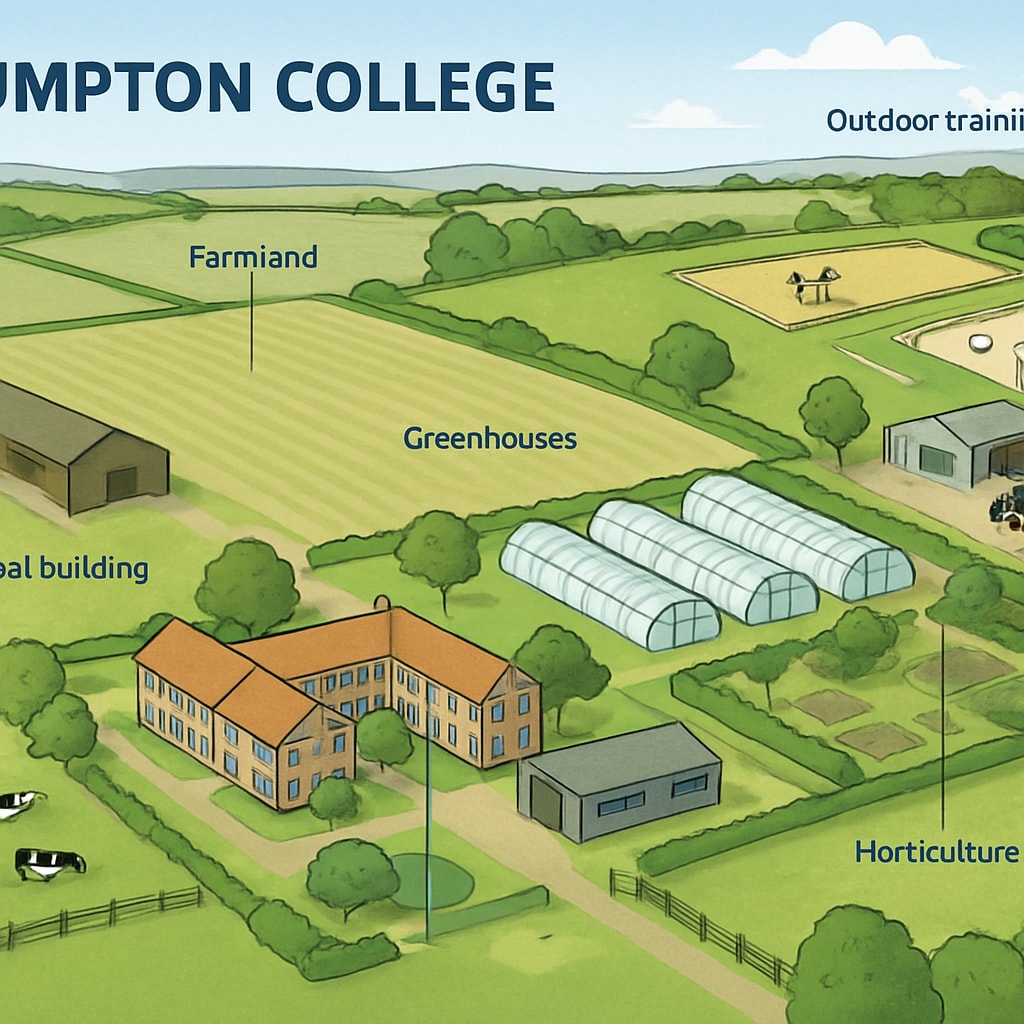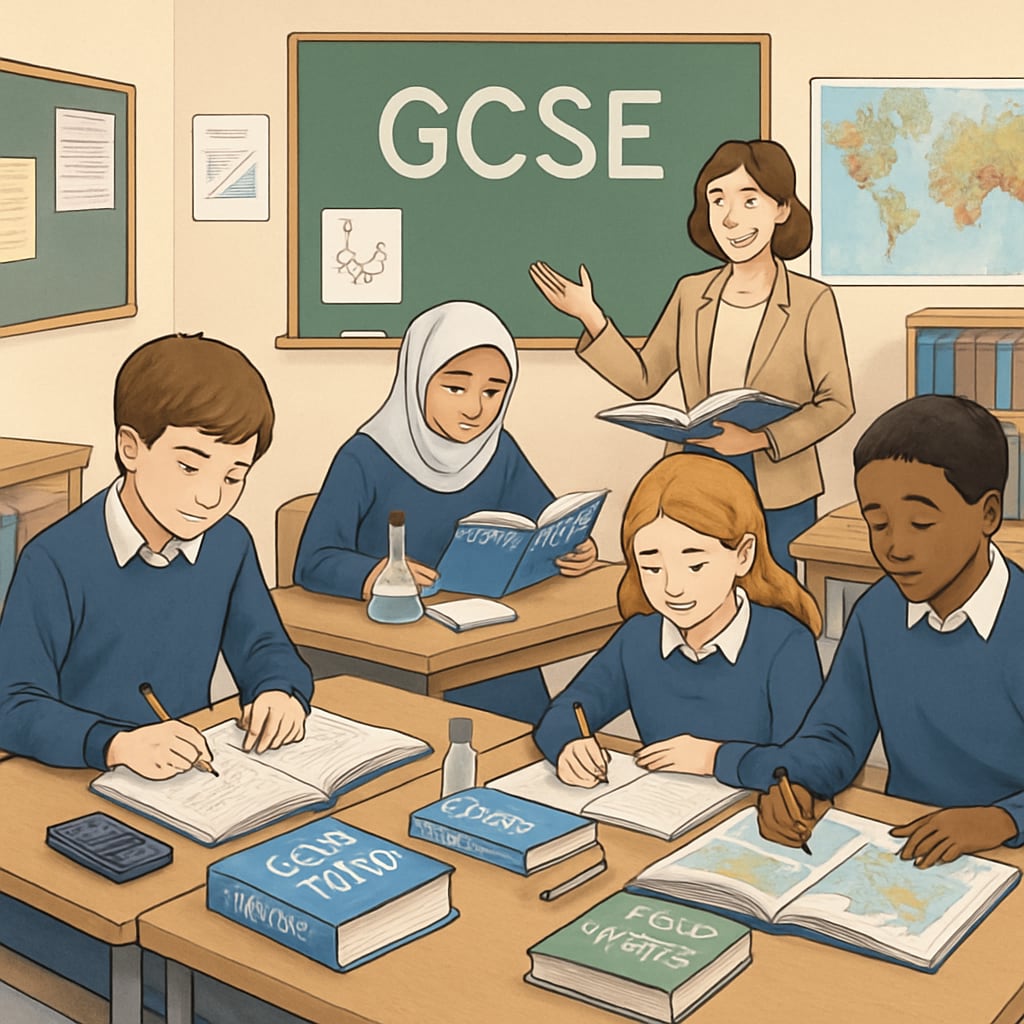For many students and parents, the decision between pursuing vocational education at institutions like Plumpton College and following the traditional GCSE pathway is a critical one. Plumpton College offers a unique opportunity for students aged 14 and above to engage in specialized, career-focused education. However, this raises questions about how compatible such an approach is with obtaining traditional GCSE qualifications, which remain a cornerstone of academic achievement in the UK.

Understanding Plumpton College’s Educational Model
Plumpton College is renowned for its vocational programs, particularly in areas such as agriculture, horticulture, equine studies, and animal management. These programs are designed to provide hands-on, practical training that prepares students for careers in their chosen fields. For students who are passionate about these sectors, Plumpton College offers an invaluable opportunity to gain real-world skills and industry experience at an early age.
However, unlike traditional schools, the focus on vocational education often means that GCSE subjects may receive less emphasis. Some students may complete a limited number of GCSEs alongside their vocational studies, while others may need to pursue alternative qualification routes, such as functional skills or BTEC diplomas.
GCSEs: Why They Still Matter
GCSEs (General Certificate of Secondary Education) are widely recognized academic qualifications that serve as a foundation for further education and employment opportunities. Subjects such as English, Mathematics, and Science are considered essential for most career paths and higher education institutions.
For students and parents considering Plumpton College, it is important to weigh the potential trade-offs. While vocational skills can open doors to specific industries, the lack of a comprehensive GCSE portfolio might limit future options, such as university admission or career flexibility outside of vocational fields.
- GCSEs are often required for applying to higher education institutions and many apprenticeships.
- They provide a broad academic foundation that can be useful in diverse career paths.
- Employers in non-vocational sectors may prioritize GCSE qualifications over specialized training.

Striking the Right Balance: Educational Choices for Students
Parents and students must consider their long-term goals when evaluating Plumpton College versus traditional schools. If a student has a strong passion for vocational subjects and a clear idea of their desired career path, Plumpton College may be an excellent fit. However, for those who are undecided or want to keep their options open, ensuring a robust GCSE portfolio alongside vocational training is crucial.
Here are some factors to consider when making this decision:
- Evaluate the student’s interests and career aspirations. Is the vocational path aligned with their future goals?
- Research how Plumpton College integrates GCSE subjects into its curriculum. Can students complete core subjects like English and Mathematics alongside their vocational studies?
- Consider alternative qualification routes, such as NVQs or BTECs, and their acceptance by universities and employers.
- Discuss the options with education advisors or school counselors to understand the potential impact of the decision.
Final Thoughts: Making an Informed Choice
The decision between Plumpton College’s vocational education and traditional GCSE pathways is highly personal and depends on the student’s aspirations, strengths, and interests. While Plumpton College offers an exceptional opportunity for hands-on learning and career preparation, students must weigh this against the potential limitations of a reduced focus on GCSE qualifications.
Ultimately, the best choice is one that aligns with the student’s long-term goals while keeping future options open. Parents and students should approach this decision with careful research and guidance, ensuring that the chosen path supports both immediate interests and future ambitions.
For more information on vocational education and GCSE qualifications, visit trusted resources like Vocational Education on Wikipedia and GCSE Qualifications on Britannica.


